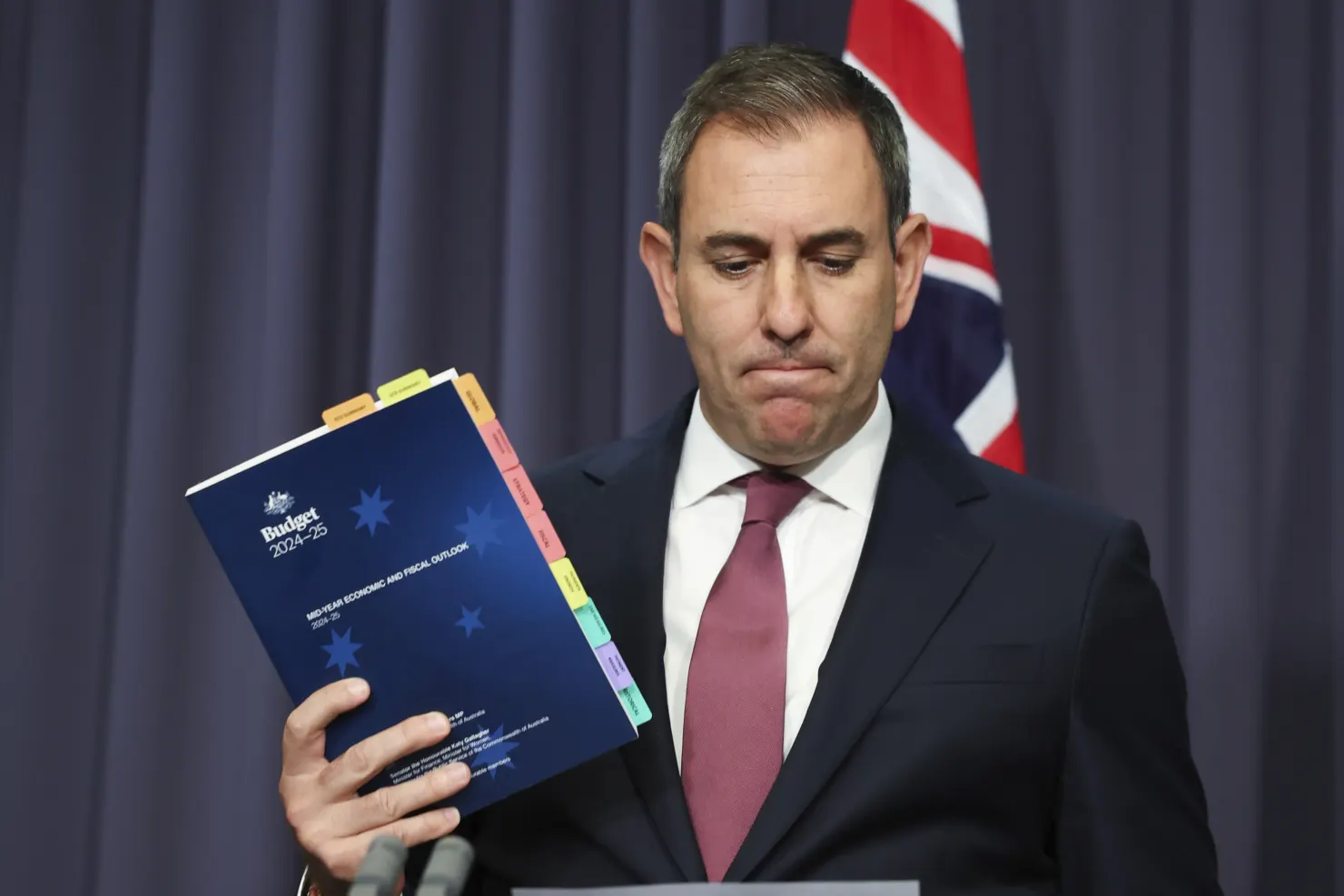The International Monetary Fund has told the federal government and Coalition that Australia needs a major policy package to deal with the nation’s unaffordable housing, saying everything from tax to the supply of new land should be on the table.
Just days after Reserve Bank research showed lower interest rates had contributed to the collapse in homeownership among young Australians, the fund used its annual review of the economy to argue a string of politically contentious policy changes were needed to ensure housing remained within the financial reach of ordinary people.

Across all international metrics, Australian housing is among the most expensive in the world despite a recent slowdown in prices.
Sydney, says US-based analytics organisation Demographia, is the world’s second most expensive city – after Hong Kong – with 13.8 times the median household income needed to buy a median-priced house. Melbourne and Adelaide are in the top 10 most expensive, while Brisbane and Perth are in the top 20.
The federal government has set a target of 1.2 million new homes by 2029, putting together a series of policies worth more than $30 billion to lift housing construction. The Coalition has promised $5 billion towards local government infrastructure to unlock housing projects.
But the IMF says all levels of government must go further, arguing that eradication of state stamp duties and a shift to land taxes, lifting the number of workers in the sector and easing zoning rules had to be on the agenda.
“A comprehensive policy package is essential to tackle Australia’s housing affordability crisis, focusing on increasing the construction workforce, relaxing zoning regulations, advancing initiatives to boost new housing supply, and re-evaluating property taxes and stamp duty,” it said.
Last week, research by Reserve Bank economists estimated a quarter of the sharp drop in homeownership among Australians under the age of 40 since the mid-1990s was due to low interest rates.
But it also found state government stamp duties had contributed to the problem, along with other policies involving such tax arrangements as capital gains.
Coalition MPs are pressing to relax the interest rate buffer imposed by the Australian Prudential Regulation Authority on bank loans to first time buyers, arguing it has contributed to the cost pressure on young people. But the IMF rejected any change to the 3 percentage point buffer.
“Macroprudential policies should remain stringent to protect household balance sheets, especially in the context of rising housing prices,” it said.
“Additionally, the authorities are encouraged to proactively adapt their macroprudential
tools to pre-empt excessive buildup in household indebtedness, including when the time is appropriate for monetary policy easing.”
Last week, Treasurer Jim Chalmers revealed a $22 billion deterioration in the budget bottom line over the next four years. Next financial year’s forecast deficit is $46.9 billion, with Chalmers arguing much of the government’s extra spending was unavoidable.
